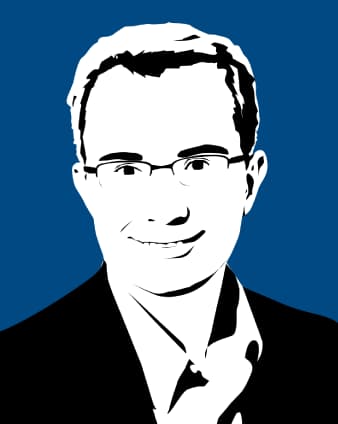As I write this post, I'm 37,900 feet above the Pacific Ocean on a flight from San Francisco bound for Taipei, Taiwan. Over the next two weeks I'll be meeting with high-level Taiwanese industry and government leaders to hear their views re: the regional impact of the Internet of Everything.
Our world is rapidly changing, and the now-present reality that I can email, tweet, and create a blog post while on a Trans-Pacific flight was something not possible 5 years ago. Exponential changes like the era we're in offer great opportunities for society -- as well as great challenges.
Imagine what the next 5 years will bring: The term "mobile computing" will eventually become a dated term, replaced by "ubiquitous computing" as the internet will be everywhere. These changes include the transportation we take on land, in the air, and at sea; the clothes and devices we wear, sensors at work, at home, in our environment, and (if we chose) in us for medical purposes as well.
Also right behind and coupled with the Internet of Everything: 3D mass fabricators enabling individuals to affordably "print" and modify at the molecular level tangible substances based on digital designs. Maker Faires around the world already exist showcasing the early stages of what 3D fabricators can do in the hands of artists, engineers, and hobbyists.
Technology itself is amoral, how we humans chose to employ technology determines outcomes. Individuals are gaining capabilities the previously required significant resources limited only to large corporations or nation-states. What does that mean for our global future ?
When considering the future, all too often we focus on what the technology *can do* and miss chances to think now about what future changes *we can chose* in how we organize, how we work together, and how we are a society together that also may need to occur to best ensure the advances of the Internet of Everything offer benefits to the greatest number of people. Social policies usually try and play catch-up with technologies, yet in a period of exponential change -- is "catching-up" sufficient or do we need a large transformation to "leap frog" ahead?
These strategic questions are why I'm on an Eisenhower Fellowship to Taiwan for two weeks and then to Australia for three weeks to ask the same questions of their leadership. During the trip I'll seek to understand different perspectives on the transformative impacts of the “Internet of Everything”, to include the sectors of customer/citizen engagement, healthcare, "just in time" manufacturing, and delivery of services. How will increasingly ubiquitous internet impact global e-commerce, cybersecurity, and cybercrime-related issues?
I should stress this trip is solely in a personal capacity, and my views during this trip are my own -- though I hope to benefit from exchanging many different and diverse perspectives with others. For the trip, I'm re-activating my old blog from my PhD+post-doc days at http://blog.dbray.org and also will post to LinkedIn.
For now, one more closing thought: throughout my career, I often have found that a diverse group of people and industries contribute to creating public value. This diversity includes internet and technology investment groups, policy think tanks, government officials involved with national strategies, experts in cyber defense and preventing cybercrime, and business leaders paving the way for the internet technologies of the future.
No one person has all the answers, however collectively we can think, reflect, and help shape the future before it impacts us all.
This is the reason why I'm blogging: ideas, insights, and comments welcomed throughout the trip -- please send yours along. Thank you in advance!
Sep 17, 2015
